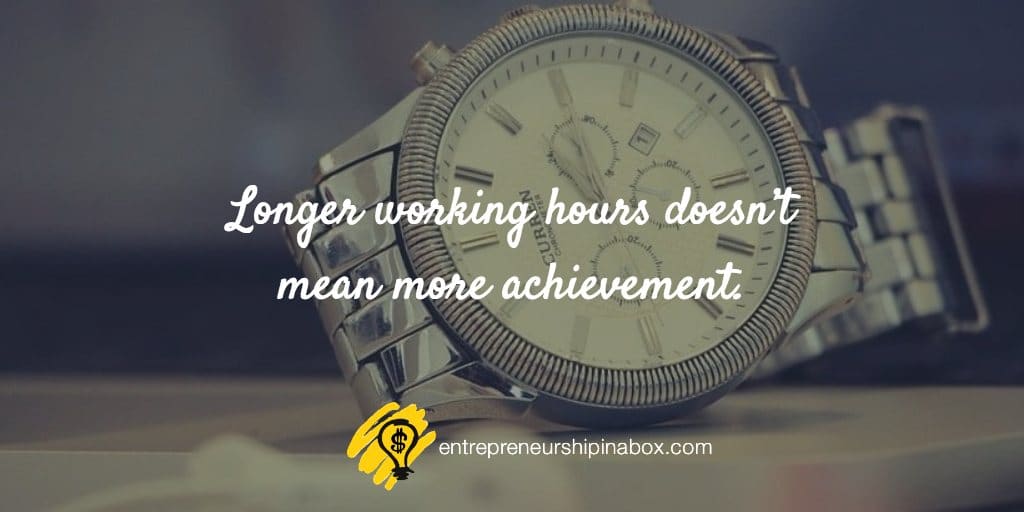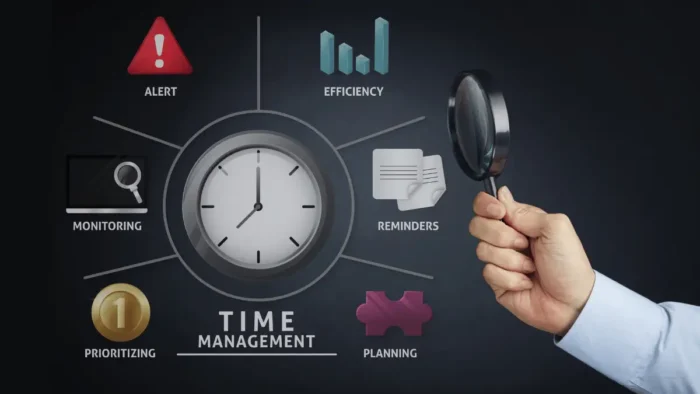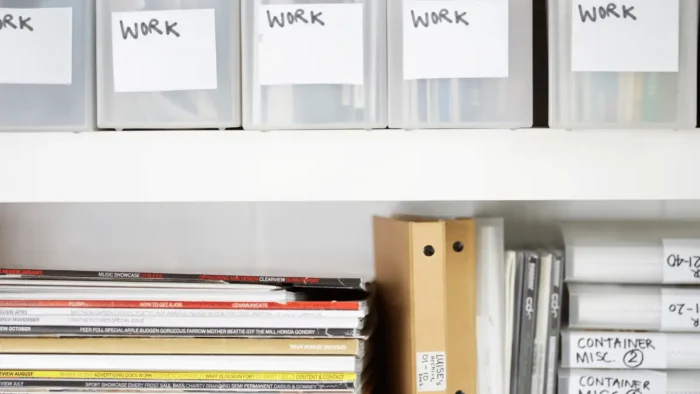To the vast majority of people, productivity means working long hours. Or keeping play to a minimum and constantly pushing ourselves to squeeze more hours into the working day. But, common sense tells us the amount of time and effort we put in should equate to the work we put out. Are there some laws of productivity that can help us to become more productive?
However, in many instances, the commonly-held beliefs about productivity are wrong. I want to share with you my four counterintuitive laws of productivity.
If you work longer hours, you won’t achieve more
The first of the four laws of productivity I want to mention here is that longer working hours doesn’t mean more achievement.
C Northcote Parkinson was the first to observe the indisputable fact “work expands to fill the time available for its completion.” This basically means if we allocate ourselves a week to complete a job, we will take a week to do it, even if it’s a job that should only take four hours.
We make the job more complex in order to fill the allocated time.
Instead of being busy fools, we should learn to focus on allocating the appropriate amount of time for each task. Admittedly, this is easier said than done. However, there are two tactics you can adopt. Firstly, try gradually restricting your deadlines to the bare minimum. Do this while still allocating enough time to do the job right. Next, break the habit of staying late to finish your work. If you force yourself to finish work at a set time, you will feel more motivated. Also, you will whip through your workload at a quicker pace. This may even lead to more work getting done.
If you slow down technology, you go faster
The second of the four laws of productivity is that technology will not help you always to become more productive. In some cases, it can decrease your productivity.
Modern technology has, seemingly, enabled massive personal productivity advancements. Computers, spreadsheets, email, and other developments have all made it possible for an employee to achieve more than ever before in a shorter space of time. However, while trillions have been invested in technology since the 1990s, US government data suggests that overall labor productivity has only grown one to two percent in this period. This is a hard number to reconcile.
In the days of manual typewriters and handwritten letters, there wasn’t the luxury of revising a sentence 20 times before it became something intelligible. Instead, people were forced to think before articulating themselves. Lucy Kellaway, in her column for the Financial Times, wrote how breaking her arm had paradoxically made her write more efficiently as she was forced to take a more measured approach to her writing.

Likewise, email and instant messaging apps, in reality, do nothing to improve the speed of communication. In fact, the constant stream of message notifications can be hugely distracting. It is because it’s easy to fall into the trap of feeling compelled to reply.
While I’m not suggesting we revert to using manual typewriters and carrier pigeons, we can all benefit from occasionally slowing down and taking a more methodical approach to a task at hand. In many cases, one phone call can save many emails spread out over several hours.
Laws of productivity: If you multitask, you become less efficient
The third of the four laws of productivity is concerned about your multitasking.
With the constant stream of information we are subjected to, multitask seen as something everyone must do these days. Being able to handle several jobs simultaneously while still being alert to everything around you is often held up as the paradigm of workplace efficiency.
However, study after study has shown that multitasking only really works when performing basic roles that don’t require much brainpower. When you try to accomplish two dissimilar tasks, each one requiring some level of deliberation and attention, this approach falls apart.
Instead, start each day by reviewing your most important tasks. Then compartmentalize your day so you can devote your full attention to one job fully at a time. Take whatever steps to isolate yourself and remove the temptation to switch back and forth between your work, email, Twitter, and whatever else makes your brain wander.
If you take more breaks, you complete more
The human brain isn’t designed to expend energy continuously. In fact, it has been proven that the average person can really only concentrate on one task for between 25 and 45 minutes before productivity drops.
Rather than pushing yourself to exhaustion before taking an hour for lunch, we should shift between smaller periods of expanding and recovering energy. By scheduling several five minutes ‘resets’ every 45 minutes, you can be sure you’ll spend a long time at your peak performance rate of productivity.
As strange as it sounds, taking regular breaks throughout your day does require discipline and a bit of planning. Set a timer for around 45 minutes. As soon as it goes off, even if you haven’t finished your task, take a short moment to relax. Then refocus your mind before setting the timer again. The time you lose taking these breaks will be more than recuperated by the productivity you gain.



